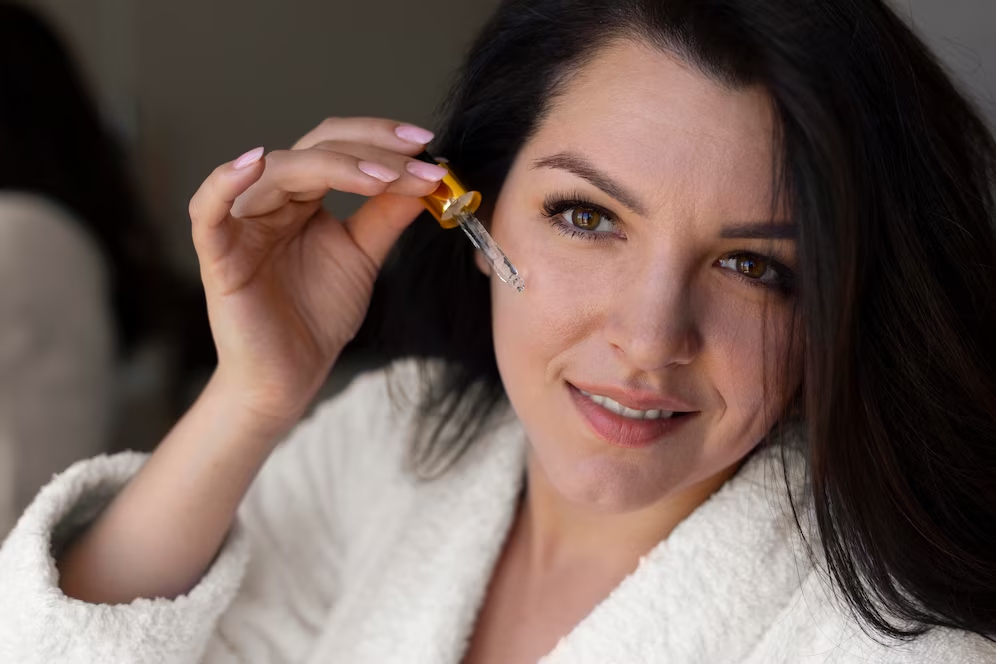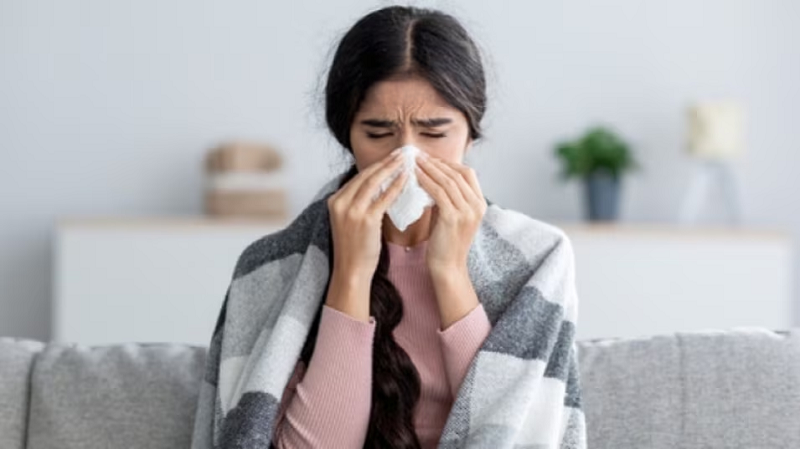Cases of whooping cough are increasing rapidly in many countries of the world including China, America, the Philippines, Britain, and the Netherlands. Whooping Cough has once again struck the world. The month of April has started. The weather is changing with every passing day. People start coughing as soon as the weather changes, it is very normal for this to happen. In the case of a normal cough, people treat it by drinking lukewarm water or using some home remedies. But in some cases, if the cough persists for more than 2-3 days and takes the form of severe cough. In this situation the risk of getting whooping cough increases. Now you must be wondering what kind of disease is this whooping cough? So don't worry at all, in today's article we are going to tell you about whooping cough only, and we will also know what are its symptoms and remedies.

What is whooping cough?
Whooping cough, also known as pertussis and whooping cough, according to the Healthline website. This is a very serious infection which can also cause difficulty in breathing. This disease usually occurs in small children, pregnant women, and the elderly and this infection can be serious. The cause of this infection is a special type of bacteria. This bacteria is known as Bordetella pertussis.
Symptoms-
Persistent and severe cough: This is the most common symptom of whooping cough. The cough can be so severe that the person may have trouble breathing.
Vomiting: Vomiting after cough is also common.
Loss of appetite: A sick child may lose appetite and lose weight.
Fever: Mild fever may occur.
Runny nose: Water or mucus may flow from the nose.
Difficulty breathing: In severe cases, difficulty breathing may occur.
Reason-
Whooping cough is spread by a bacteria called Bordetella pertussis. When an infected person coughs or sneezes, droplets containing the bacteria spread into the air. If a healthy person inhales these droplets, he can get infected.

Rescue-
The best way to prevent whooping cough is vaccination. DTaP (diphtheria, tetanus, and pertussis) vaccine protects children against whooping cough, diphtheria, and tetanus.
Maintain distance from an infected person: If you are in contact with an infected person, maintain a distance of at least 6 feet from them.
Wear a mask: If you are caring for an infected person, wear a mask.
Wash hands frequently: Wash your hands frequently with soap and water, especially after coughing or sneezing.
Cover your mouth when you cough or sneeze: Cover your mouth and nose with a tissue when you cough or sneeze.
Treatment-
For the treatment of whooping cough, doctors usually give anti-allergic and antibiotic medicines for this disease. Antibiotics kill bacteria and stop the disease from spreading. If you are also seeing these symptoms then contact your doctor immediately.
(PC: Freepik)










